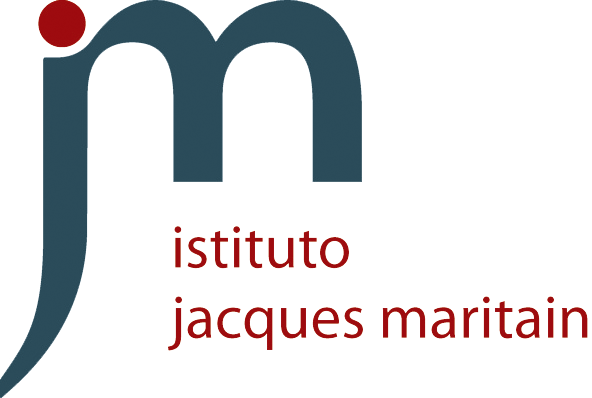Prossimità e distanza dell’educatore

Un tema di riflessione che rimane sempre attuale, attraverso i secoli, è quello del rapporto tra
autorità e libertà, prossimità e distanza, nella relazione educativa. La questione affonda le sue
radici nell’antropologia filosofica e – in particolare – nella naturale “educabilità” che è propria
della natura umana: la persona umana, essere che esiste sulla linea di orizzonte tra sostanze
corporee e spirituali, ha bisogno di essere accompagnata in termini educativi per conquistare la
capacità di agire pienamente secondo la propria natura spirituale. Intesa in tal senso l’educazione
è un processo a termine, che si conclude con la conquista dell’autonomia, ovvero la capacità
di agire responsabilmente con libertà, da parte della persona. Si può parlare di lifelong learning,
ovvero di formazione per tutta la vita, non di lifelong education. Molte sono le immagini e le
metafore che indicano la figura dell’educatore: il Padre, la Madre, la Nutrice, il Maestro. In tutti i
casi si può sottolineare la consapevolezza di una vocazione educativa, in cui l’educatore prende
coscienza della sua missione. Interpretando il ruolo educativo ne assume anche le responsabilità
connesse, tra cui quella dell’esercizio di una specifica autorità educativa. Tale autorità è a sua
volta un’autorità “a termine”, secondo la natura del processo educativo, che mira a promuovere
nell’allievo il massimo di autonomia e quindi di libertà. L’autorità dell’educatore è un’autorità
che mira a dissolversi e lo stesso educatore desidera rendersi inutile. Nell’esercizio dell’autorità educativa è necessario trovare un equilibrio tra prossimità e distanza. Vi sono autori come Bertin che sottolineano il rischio di un’eccessiva prossimità, che lui chiama simpatia, in cui potrebbe svilupparsi – da parte dell’allievo – una identificazione acritica nella figura del maestro. Altri autori sottolineano invece la necessità di una forte prossimità; Bertolini parla esplicitamente di un Eros educativo. Una terza posizione, che può considerarsi di sintesi, potrebbe costruirsi attorno a un altro termine greco che indica prossimità: Agape. Si è vicini alla persona non per servirsene o per plagiarla, ma per servirla. A queste condizioni il massimo della prossimità coincide con il massimo del rispetto per l’autonomia della persona, che si sta formando come tale.
A topic for reflection that has always been present, through the centuries, is the relationship between authority and freedom, proximity and distance, in the educational relationship. The issue is rooted in anthropology and philosophy – in particular – in the natural “educability” which is a trait of human nature: the human person, that exists on the line between spiritual and corporeal substances, needs to be accompanied in educational terms in order to gain the ability to act in full accordance with its spiritual nature. According to this perspective, education is a fixed term process, which ends with the achievement of autonomy, or the person’s ability to act responsibly while retaining freedom. So we can talk about lifelong learning, or lifelong formation rather than lifelong education. There are many images and metaphors that symbolize the figure of the educator: Father, Mother, Nurse, Master. In each case, one can emphasize the awareness of an educational vocation, in which the teacher becomes aware of his mission. By carrying out the educational role he also assumes the ensuing responsibilities, including the practicing of a specific educational authority. Such authority is itself a fixed term authority, according to the nature of the educational process, which aims to promote maximum autonomy in the student and therefore freedom. The authority of the educator is an authority that aims to dissolve itself and the educator himself hopes to become unnecessary. In the practice of education, authority is necessary to find a balance between proximity and distance. There are authors, such as Bertin, who emphasize the risk of excessive proximity. He refers to it as sympathy. Such attitude could cause the student to develop an uncritical identification with the master. Other authors instead emphasize the need for strong proximity; Bertolini refers to an educational Eros. A third position, which can be considered a synthesis of the first two, can be built around another greek word which indicates proximity: Agape. The educator is in proximity of the person, he does not try to use or plagiarize rather serve the latter. Under the aforementioned conditions maximum proximity coincides with the maximum respect for the the person’s autonomy, which is itself in formation.
